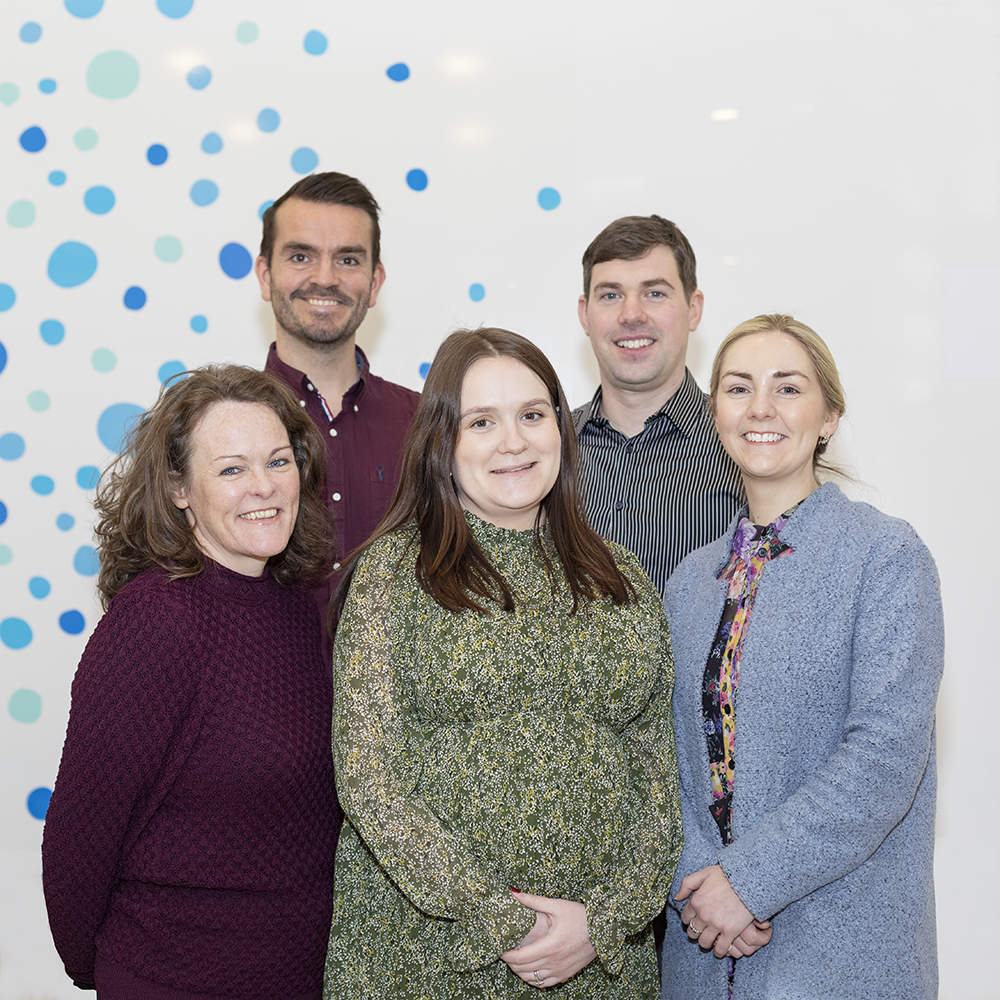PME in Primary Education
Our flexible primary teaching programme
Do you want to inspire and influence future generations? Our teaching programme allows you to study from anywhere in Ireland.
Request information about this programme.
"*" indicates required fields
AUTUMN 2025: CLOSES 02 JULY
Programme Type: Professional Master of Education
Next Intakes: Spring 2025, Autumn 2025
NFQ: Level 9
ECTS: 120 credits
Academic Validation: QQI
Professional Accreditation: The Teaching Council
About the
PME in Primary Education
Are you passionate about education? With a Professional Master of Education (PME) from Hibernia College, you can register with the Teaching Council as a member of the teaching profession.
The role of the primary school teacher is to educate while demonstrating respect, care, trust and integrity. Our PME programme will teach you how to nurture the intellectual and personal development of children while instilling a passion for lifelong learning in young lives. The programme will prepare you to become the best and most professional teacher you can be. Prior teaching experience is not required to apply.
The PME in Primary Education is a 120-credit award at Level 9 delivered over 24 months. It is a blended learning programme, combining online and face-to-face delivery to develop professionals positioned to be leaders in the field of primary education.
The programme consists of a sequence of modules that reflect contemporary issues in education and the skills and knowledge required to be primary school teachers who enable effective learning. Our emphasis on research ensures that student teachers engage with a process of self-critical learning. Student teachers are trained to use evidence-informed reflection to continually improve their practice.
Entry Requirements
Applicants must hold an undergraduate degree at Level 8 or higher on the National Framework of Qualifications (NFQ), which has an ECTS weighting of at least 180 credits.
The grade and subject of the degree are not relevant for the purpose of meeting the minimum entry requirements.
The programme will be delivered within Ireland and requires Irish residency. The College is not in a position to sponsor visa applications for the purposes of studying within Ireland,
Department of Education Minimum Leaving Certificate Entry Requirements
| Subject | Grade | |
|---|---|---|
| Gaeilge | C2 Higher Level | H4 |
| English | C2 Ordinary Level or E Higher Level | O4 H7 |
| Maths | C2 Ordinary Level or E Higher Level | O4 H7 |
Interview
Once your online application has been reviewed and processed, you will be called for an interview.
The interview will comprise of a 20-minute general component and approximately 10 minutes of an oral Gaeilge component to determine your language proficiency, including but not limited to conversational fluency including verb usage, vocabulary, grammar and tenses. To improve your Gaeilge language skills, we advise regular practice and completion of a Gaeilge course that will adequately prepare you for interview.
Before your interview, you should be speaking Gaeilge conversationally for at least 30 minutes per day. It is also essential to comprehensively prepare for the general component of the interview, including your motivations for becoming a teacher and up-to-date knowledge of teaching in Ireland.
Please note that if you have achieved a minimum of 65%/B1 in the Teastas Eorpach na Gaeilge (TEG) (oral) within the last two years, this will be accepted in lieu of the Gaeilge interview.
Support for Students
Administrative and technical support teams, faculty and tutors are committed to helping students meet academic and career goals while having a positive experience. Students can draw from a range of available support to navigate big and small questions.

Our Faculty
Our dedicated faculty are mentors and leaders who bring their rich experience to the learning environment at Hibernia College. They are educators, practitioners and active researchers. Common among all our faculty is their focus on students.
Student Experiences
Are you curious about studying at Hibernia College? Former students share their own reasons for choosing Hibernia College. Read about their prior experience, research and careers. ‘As a mother and mature student, the course’s flexibility and the use of blended learning made it possible for me to balance my studies with taking care of my family.’ – Therese Barrett